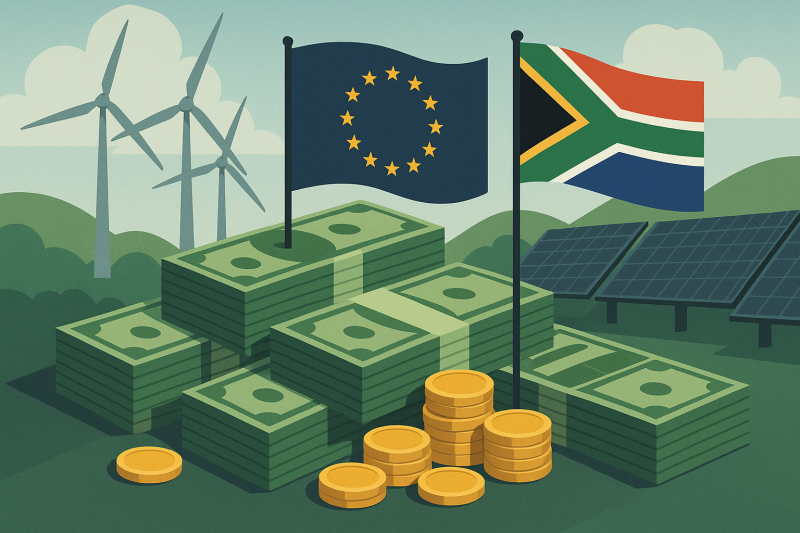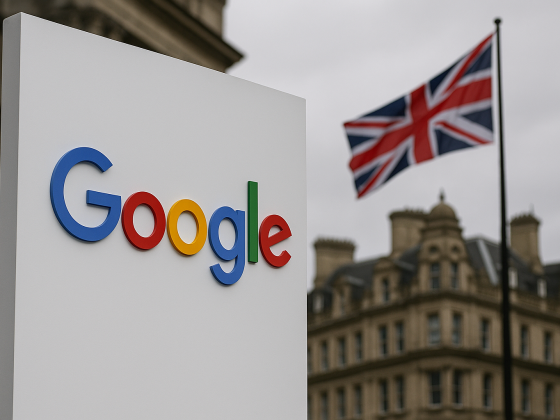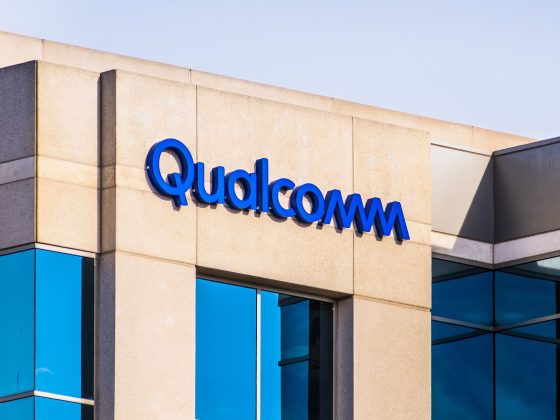The European Union has announced an €11.5 billion investment plan for South Africa, targeting renewable energy, transport, and healthcare projects as part of its broader strategy to secure critical minerals and strengthen supply chains.
The new commitment deepens Europe’s push to reduce its dependency on imports from China while reinforcing economic partnerships with Africa’s most industrialised economy.
The EU’s delegation to South Africa confirmed the plan in a statement released late Thursday, describing the move as part of a joint ambition to lead the global transition towards sustainable energy and digital infrastructure.
Funding aimed at securing Africa’s mineral supply chain
Of the €11.5 billion, around €8.7 billion will come through blended financing — a mix of public and private capital — with a strong focus on developing facilities to process critical minerals and produce green hydrogen.
South Africa, which already exports platinum group metals essential for clean energy technologies, will play a central role in helping Europe meet its decarbonisation goals.
By investing in South Africa’s green transition, the EU seeks to safeguard the raw materials essential for batteries, wind turbines, and solar energy equipment.
Much of the funding will be channelled into mining-linked infrastructure, clean transport corridors, and climate-resilient projects that can withstand extreme weather events.
What else will be funded
Beyond minerals and hydrogen, the financing will also support projects in transport, public health, and vaccine production, reflecting lessons learned from the COVID-19 pandemic.
This marks a shift towards strengthening Africa’s capacity for local vaccine manufacturing and reducing reliance on external suppliers.
The latest commitment follows an earlier pledge of €4.7 billion announced in March, though the EU did not clarify whether the new funding is in addition to or part of that initial figure.
Together, the initiatives position South Africa as a strategic partner in the bloc’s Global Gateway programme, which aims to mobilise up to €300 billion globally for sustainable infrastructure and digital connectivity projects.
A step in the EU’s broader competition with China
The investment underscores Europe’s growing urgency to diversify its resource and supply networks amid intensifying competition with China for Africa’s mineral wealth.
Beijing’s Belt and Road Initiative has long dominated infrastructure funding across the continent, and the EU’s approach represents a counterbalance — offering African nations partnership-driven models that combine public finance with private investment.
South Africa’s abundant natural resources, robust industrial base, and political stability make it a pivotal partner for the EU’s green transition.
For Europe, ensuring access to Africa’s critical minerals is not just an economic priority but also a geopolitical necessity in the global race for clean energy leadership.
Aligning climate goals with economic opportunity
The European Union’s plan also supports South Africa’s own just energy transition — an effort to shift from coal-based power to renewables without sacrificing jobs or economic stability.
The partnership provides financing for sustainable infrastructure that can reduce emissions while creating employment and technological expertise in renewable sectors.
By linking green finance to industrial development, the initiative is designed to deliver long-term benefits for both regions.
The post EU pledges €11.5B to South Africa as green energy race intensifies appeared first on Invezz


